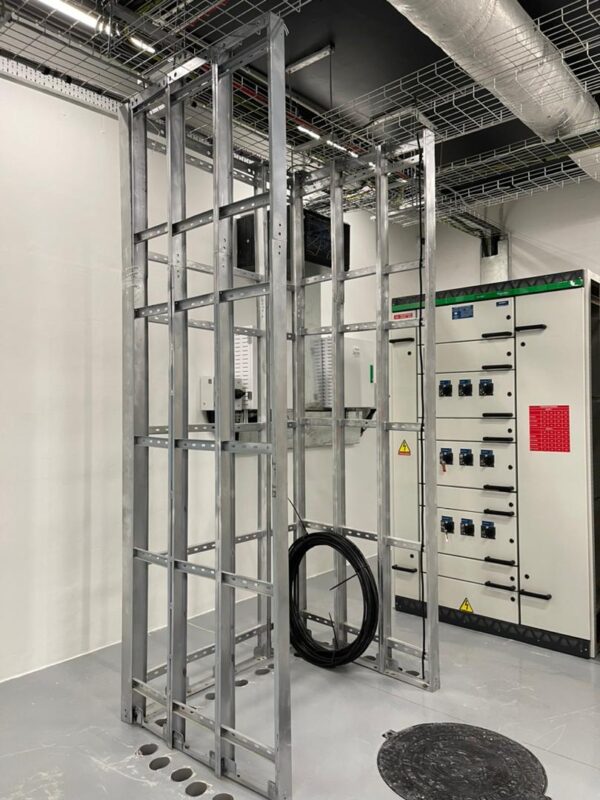This week we explore the approach used in South Sudan for telecommunications licensing, interconnection, access agreements between service providers and universal service obligations. We also take a glance at the country’s consumer protection regulation and practice.
The licensing regime in South Sudan is anchored in the broad guidelines of the National Communications Licensing Regulations 2016 that draws from the National Communications Act of 2012 and mandates the regulator to issue . The regulatory approach is ex ante in that all telecommunications operators are expected to obtain a license before they can commence operations. Failure to comply may lead to a penalty equivalent to five hundred thousand US dollars (500,000 USD) or imprisonment for a period not exceeding three (3) years or both. There is no specific provision for fixed landline telephony licensing due to infrastructure having been destroyed during past armed conflicts hence the National Communication Authority (NCA) adapts frameworks as new sub-sectors emerge. Such absence of specific regulation for subsectors and activities of licensees results in a de facto ex-post regulation although the intention is actually ex ante regulation. Taking the example of fiber optic backbone standards and practice, the NCA has tended to develop frameworks as new sub-sectors evolve and incidents occur.
South Sudan is classified as a G2 (second generation) regulatory environment by the ITU ICT Regulatory Tracker 2022 as it works to advance past the G3 regulation space by enabling investments, innovation and access, stimulating competition and content delivery and consumer protection. Although there is potential to accelerate and achieve G5 collaborative regulation, it will be long before the goal is achieved due to lack of institutional capacity and absence of a coordinated approach. The NCA will need to proactively engage other agencies and regulators to build capacity towards collaboration.
Under the licensing regulations, every licensee is under obligation to maintain agreed Service Levels and Quality of Service (QoS). As such, the regulator proactively protects consumers through awareness campaigns and resolves disputes between consumers and service providers as per the National Communication Dispute Resolution Regulations 2016. The regulator has partnered with industry and civil society to offer turning to the consumers and government officials.
International interconnection had been under the centralized control of the government through the South Sudan International Gateway (SSIGW) but there are efforts to open up to allow for direct interconnection agreements for call termination and IP transit between local and international operators. The termination of calls is however regulated under the National Communications Numbering Regulations, 2016. In-country interconnection and Access Agreements including MVNO and roaming are regulated under the National Communications Competition Regulation 2016 and interconnection guidelines that outline the responsibility of licensees to engage in infrastructure sharing and prescribes remedies for anticompetitive practices especially by a dominant operator. The regulation sets the criteria for determining dominance while also giving NCA the mandate to determine market segments, product types that would constitute unbundled access.
For the fiber optic infrastructure operators, full and unbundled access takes the form of dark or unlit fiber and IP traffic or lit fiber where the NCA requires network providers to reserve 4-fiber cores for government use on the backbone and in the metro network. NCA is also reviewing the general guidelines on how fiber infrastructure providers may negotiate access to each other’s infrastructure. Further, for the government-dedicated cores, the detailed guidelines on utilization and the access agreements are however being developed.
While interconnection is permitted under regulation, it is worth noting that the Licensing Regulations of 2016 are categorical on the national interests and the implied security obligations, thus; “The licensee shall not enter into any arrangement with any person operating international communication services on terms or conditions deemed by the Authority to be in conflict with the public policy and national interests of South Sudan”.
The process in the dispute resolution regulations is applied in case of service providers disagreeing on Interconnection and Access. The process is complemented by the application of Communication Competition Regulation of 2016 to redress any anticompetitive practices that may have resulted in the dispute. To verify and enforce the law, the NCA relies on the mandate outlined in the National Communications Inspection, Monitoring and Enforcement Regulations of 2016 to access data on the licensee and effect any necessary enforcement action. Such enforcement may extend to a service provider’s non-compliance to standards and specifications detailed in the National Communications Standards, Specifications, and Type Approval Regulations 2016 to frequency and spectrum matters such as frequency sharing or non-interference governed by the National Communications Frequency Regulations 2016. Under the latter regulation, it is worth noting that there are no set methods for pricing and sale of spectrum via either auction or beauty contest so the regulator may vary the methods but not in a manner that adversely affects the licensee. NCA also prescribes frequency sharing decided by NCA.
Beyond determining the technical interconnection and access agreements, the NCA is mandated under the Tariff Regulations 2016 to set tariffs and arbitrate any interconnection and access disputes or set guidelines for product pricing to the consumer. For instance, the regulator raised tariffs for mobile networks to ensure their viability under inflationary pressure.
Regarding Universal Access & Service, the Universal Service and Access Fund (USAF) operates under the mandate of article 73 of the National Communication Act 2012, with licensees having an obligation to contribute 2% to the USAF. The stated primary objectives of USAF are to achieve availability, accessibility and affordability for all. As a member of East Africa Communication Organisation (EACO), South Sudan is party to the EACO Universal Access and Service Toolkit and Digital Inclusion Strategy 2021 and therefore subscribes to the International Telecommunications Union (ITU) definition of Universal Access where “everyone in a population has access to publicly available communication network facilities and services” while Universal Service means that “policies in this area generally focus on promoting or maintaining universal connectivity of all households and individuals to public network facilities and services, at affordable prices”. The EACO USAF Strategy aims to expand infrastructure, rural community broadband connectivity, affordable ICT device programs, local content, catalyzing innovation and other demand stimulation initiatives such as e-services, e-government, public awareness and literacy campaigns. As such, the national USAF draft has included a fourth key objective of “Awareness and ability” but remains to demonstrate alignment to the EACO Strategy that was adopted later and it’s relationship with the regulator as in the purpose of the NCA Act 2012. The latter alignment will enhance transparency while improving coordinated project identification and execution to benefit the marginalized areas.

